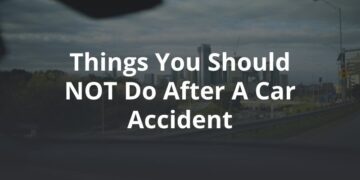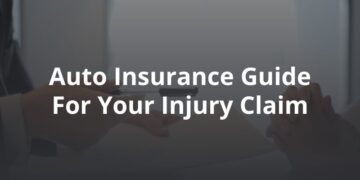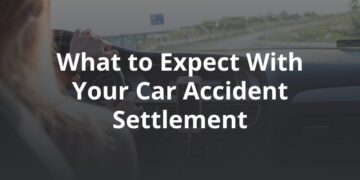Since 2004, when the Defense Advanced Research Projects Agency (DARPA) first kicked off a challenge to build the best automated vehicle, the concept of self-driving cars has captured the imagination of tech gurus and businesses alike. Proponents of self-driving cars say they are safer and more effective than human-driven vehicles. But for many companies, safety isn’t the main appeal. Companies like Google and Uber have rushed to test fleets of these vehicles, presumably because they can do the job of employees without human aid — and human salaries.
Uber has not been shy about promoting its plan to roll out self-driving cars. The company has been testing self-driving vehicles in select cities and recently announced it will be bringing test vehicles to Washington, DC, this year. While Uber claims to be testing these vehicles in a safe, responsible way, that hasn’t always been the case. In 2018, a Tempe, Arizona, woman was struck and killed while crossing the street in front of an automated Uber. Although the vehicle was manned by a driver at the time of the crash, Tempe police concluded that the woman was watching TV on her phone with her eyes off the road.
Problems with Uber’s Self-Driving Cars
Uber has yet to test unoccupied vehicles on city streets. However, the Tempe case brought to light problems with not just Uber testers but also the automated technology used in its self-driving vehicles. When the National Traffic Safety Board reviewed the incident, they found that Uber’s cars didn’t have “the capability to classify an object as a pedestrian unless that object was near a crosswalk” — in other words, the cars didn’t know how to behave around jaywalkers.
That caused an enormous delay. The vehicle concluded that it only needed to brake 1.3 seconds before impact, which of course was far too little time. This incident sparked concern and outrage over Uber’s testing program and the safety and effectiveness of automated vehicles in general. And it kicked off new legal questions as well: primarily, who is responsible when a self-driving vehicle fails?
Potential Legal Issues Related to Self-Driving Cars
Self-driving cars may have the potential to one day reduce car accidents. There’s hope that automated vehicles, which don’t have the human habit of getting distracted or panicking in an accident, will eventually lead to enormous advances in road safety. However, while autonomous vehicles are being tested — and while they are interacting with human drivers and pedestrians — accidents between self-driving and manned vehicles may be more frequent and serious.
Beyond the safety risks, however, these kinds of accidents may also cause legal issues. It’s already very difficult to recover losses in an Uber accident because of the various insurance companies and policies that are implicated. Adding to the issue, Uber and its insurers will often attempt to deny claims, further devaluing settlements and/or awards for those harmed by drivers.
And throwing self-driving or semi-autonomous cars into the mix further complicates Uber accident cases. Not only will accident victims have to determine who is liable and identify all the parties and insurance plans involved, but they will also have to determine whether it was a human driver or the technology itself that was to blame.
As the Tempe accident underscores, self-driving technology is still very much in its infancy, and we are perhaps further away from the era of complete, level 5 motor vehicle autonomy than companies like Uber would like to think. Manufacturers may also play a role if it is found that vehicle technology caused the accident. All in all, the process of determining liability in such cases will likely be difficult and will further add to the complexity of ridesharing accident cases.
What to Do If You Are Injured in an Uber Accident
Although autonomous testing has not yet come to Austin, Uber and Lyft still pose a danger to pedestrians, drivers, and vehicle occupants. There are thousands of Uber drivers on the roads, and they are not trained or very well regulated or managed. In fact, in 2019, a couple sued Uber after their driver crashed while seemingly under the influence of alcohol.
Regardless of who — or what — is driving the Uber at the time, if you are involved in an accident with or in a ridesharing vehicle, you should consult with an Uber accident lawyer as soon as possible. Lawyers can provide valuable advice on how to interact with insurance providers, drivers, and other involved parties in a way that will not undermine your case for compensation.
A skilled Austin Uber accident lawyer also understands the insurance policies of Uber and other ridesharing companies. They can help you understand the limitations of corporate insurance policies and identify other ways to pay for your injuries and other expenses due to your accident. An excellent attorney, like the Austin Uber accident lawyers at FVF, can even help you obtain medical care and begin documenting your injuries in order to protect your case.
At FVF, we believe it is every accident victim’s right to understand their legal options after an accident. We fight to protect those rights against large corporate insurance policies, like those held by Uber. And we strive to create a clear and concise legal strategy that helps our clients win cases and settlements against rideshare companies and other negligent parties.
We offer a free case evaluation so you can get advice on how to proceed with your case with no obligation to engage our services. Contact us today to schedule your free consultation with our Austin Uber accident lawyers.





